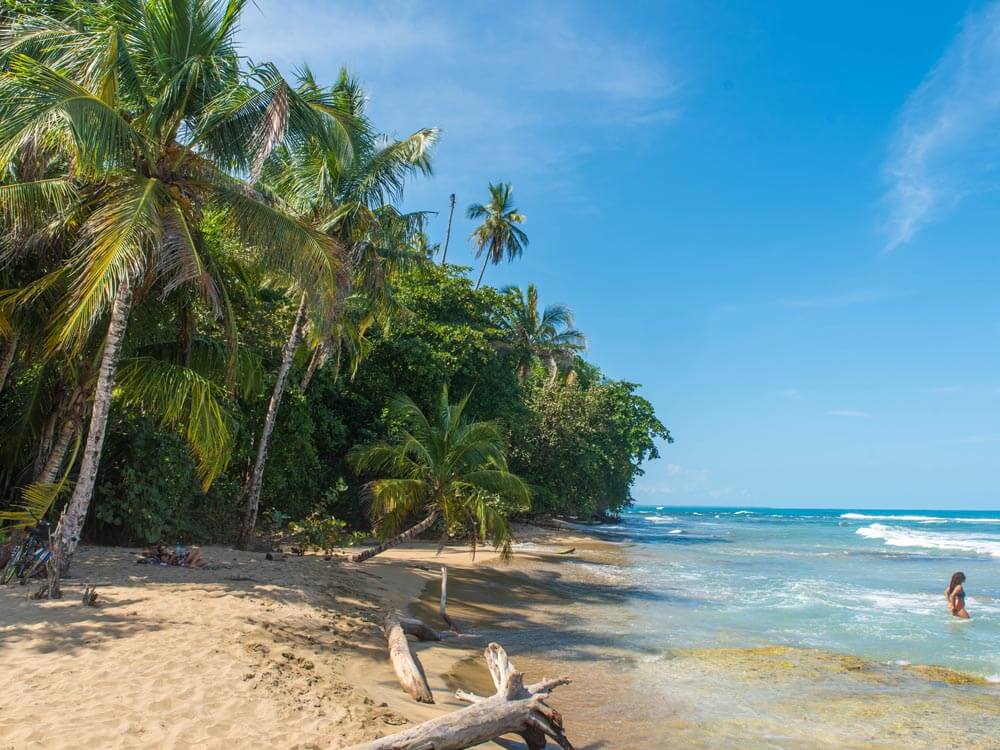
PANAMA CITY – The Panama-based Smithsonian Tropical Research Institute (STRI) says that the Caribbean’s coastal environment is stressed out, but adds that there is hope, according to data from a 25-year monitoring program.
With 40 per cent of the world’s 2.5 billion people living in coastal cities and towns, the STRI has just released 25 years of data about the health of Caribbean coasts from the Caribbean Coastal Marine Productivity Programme (CARICOMP).
The study provides new insights into the influence of both local and global stressors in the basin, and some hope that the observed changes can be reversed by local environmental management.
The STRI said the largest, longest programme to monitor the health of the Caribbean coastal ecosystems, CARICOMP revealed that water quality decreased at 42 per cent of the monitoring stations across the basin.
However, it said significant increases in water temperature, expected in the case of global warming, were not detected across sites.
“We’re seeing important changes in local conditions, like decreases in visibility associated with declining water quality and the increasing presence of people, but we’re not picking up global-scale changes, like climate warming,” said Iliana Chollett, post-doctoral fellow at the Smithsonian Marine Conservation Programme in Fort Pierce, Florida.
“Our data set did not reveal significant increases in water temperature. Satellites only measure temperature at the surface. Underwater temperatures are much more variable, and it may take decades of data to reveal a significant change. So, we’re not sure if this means that we just don’t have enough data to detect it yet,” she added.
In 1992, researchers at institutions across the Caribbean began to set up stations to gather environmental data on mangroves, seagrass beds and coral reefs at coastal sites.
The team gathered CARICOMP data from 29 sites in Barbados, Belize, Bermuda, Bonaire, Colombia, Costa Rica, Florida, Jamaica, Mexico, Panama, Puerto Rico, Saba and Venezuela, and organised it into a single data set.
STRI said despite attempts to locate monitoring sites in places not affected by human activities, the stations are picking up signals of human influence throughout the Caribbean basin.
“One positive implication of this report is people are capable of dealing with local change by regulating pollution and runoff,” said Rachel Collin, director of the Bocas del Toro Research Station at STRI, one of the participating marine-monitoring stations.
“If people get their act together very soon, there is still hope of reversing some of these changes.”
STRI said the MacArthur Foundation, the Coral Reef Initiative of the U.S. Department of State, United Nations Educational, Scientific and Cultural Organization (UNESCO) and the U.S. National Science Foundation supported the CARICOMP network.
It said individual institutions involved in the study included the University of the West Indies (UWI) the Department of the Environment, Grand Cayman; University of Trinidad and Tobago; and Bermuda Aquarium Museum and Zoo.

